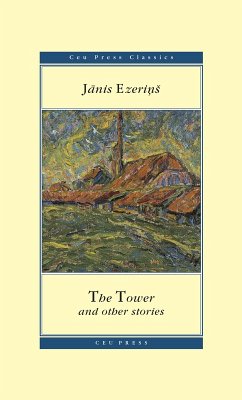The Latvian Janis Ezerins's best work was created in the genre of the short story. Among his literary models were Boccaccio, Maupassant and Poe. During his active literary working life, which lasted approximately five to six years of his short life, Ezerins seemingly grasped an encyclopaedia of possibilities and subject matter, as well as the versatility of storytelling, not avoiding either classical subjects or the repetition of characters so traditional in short stories. For the twenty-first century reader his stories evoke the atmosphere of the post-war, newly independent, fairly multicultural Latvia, rural mysticism hued with the "e;fine neurosis"e; of the emerging modern era. In many of his stories Ezerins disputed the single-dimensional (e.g., good/evil) portrayal of a human being. The people in his prose are individuals with their own unique characteristics, often ambivalent, and subject to change in time and situations. As is common in modern literature, Ezerins often blurs the boundaries between reality and fantasy, frequently making his reader laugh about the serious while aching when reading the humorous.
Dieser Download kann aus rechtlichen Gründen nur mit Rechnungsadresse in A, B, BG, CY, CZ, D, DK, EW, E, FIN, F, GR, HR, H, IRL, I, LT, L, LR, M, NL, PL, P, R, S, SLO, SK ausgeliefert werden.


